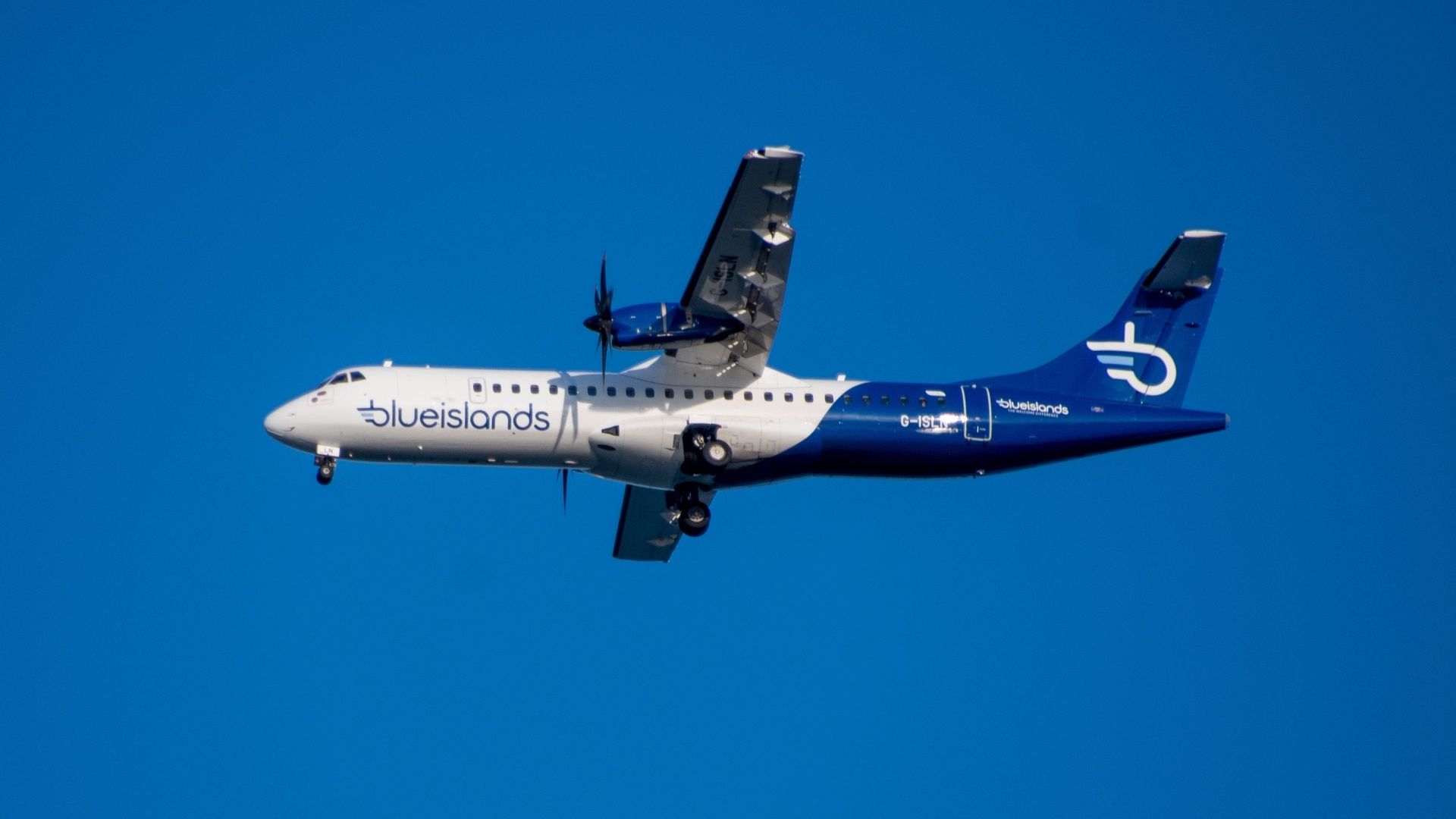Blue Islands, a regional airline based in the Channel Islands, has suspended all operations effective immediately, marking the end of nearly 26 years of service. The decision comes after the Government of Jersey announced it could no longer provide necessary funding to support low-demand routes. All flights have been canceled as of November 14, 2025, leaving thousands of passengers with uncertain travel plans.
The suspension impacts vital air links between Jersey and Guernsey and several UK cities, including Bristol, Exeter, East Midlands, and Southampton. The airline’s fleet of ATR 72 aircraft has been grounded, and management has advised passengers not to travel to the airport. Those with existing bookings are encouraged to seek refunds through their credit card providers or travel agents.
Implications for the UK Regional Airline Sector
Blue Islands’ closure follows closely on the heels of the collapse of Eastern Airways, underscoring the fragile state of the United Kingdom’s regional airline industry. The suspension results in the loss of approximately 9,200 weekly seats and around 136 flights per month from the UK-Channel Islands route network. This significant reduction in capacity poses challenges for residents and businesses reliant on these connections.
The airline’s management stated that discussions with the Government of Jersey had been constructive. However, the confirmation that no additional funding would be provided left Blue Islands unable to sustain operations. The airline is now exploring options for restructuring or a potential sale, as reported by Aviation Week.
Low-density regional routes, such as Jersey-Exeter or Guernsey-Southampton, are particularly challenging for larger low-cost carriers to serve profitably. With the sudden removal of Blue Islands from the market, remaining operators like Aurigny, easyJet, Loganair, and British Airways may need to make schedule adjustments to accommodate the increased demand.
Advice for Affected Passengers
Passengers with bookings on Blue Islands should refrain from going to the airport unless they have alternative travel arrangements confirmed. With operations halted, there will be no airline staff available for assistance at check-in or customer service desks. Customers are advised to pursue refunds through chargebacks or other customer protection measures where applicable.
The Civil Aviation Authority (CAA) is preparing guidance for travelers affected by this situation. It is recommended that passengers consult official websites for the latest information. Travel insurance may cover some costs if it includes provisions for scheduled airline failure.
For those with urgent travel needs between the Channel Islands and the UK mainland, it is advisable to secure seats on alternative carriers quickly, as remaining capacity is expected to tighten in the wake of this disruption.
This latest development in the UK regional airline sector emphasizes the ongoing discussions about the need for more robust public service obligations to support essential air services in peripheral regions.







































































